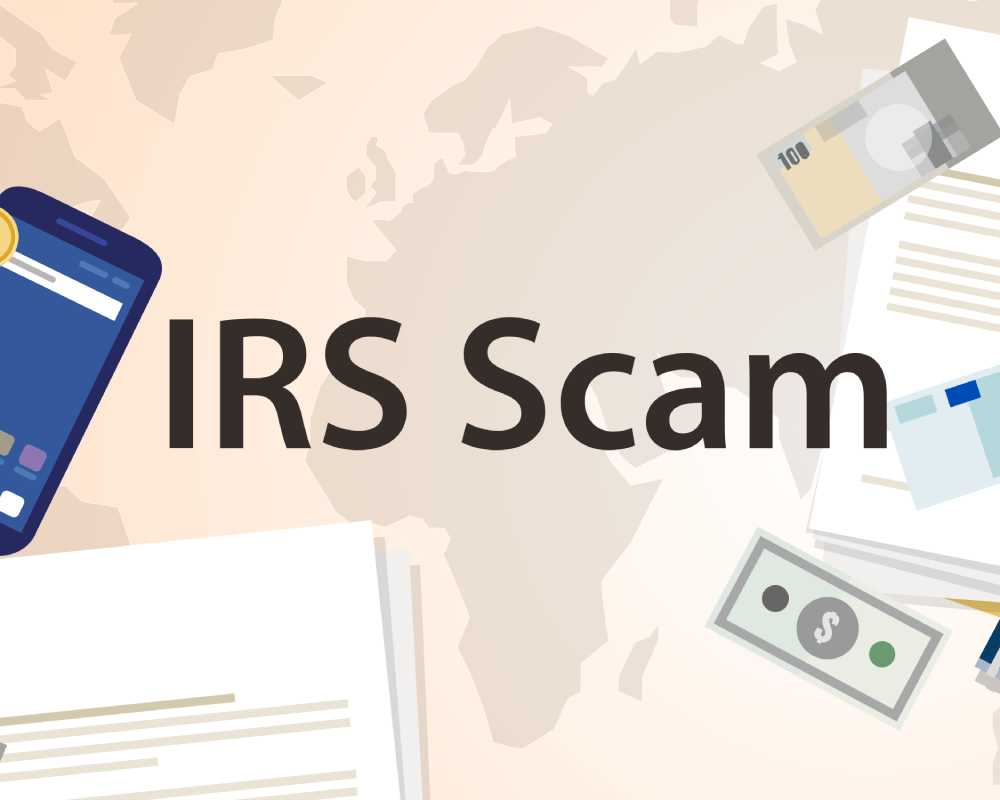Other Types of Scams
There is so much buzz about crypto scams and for good reason. The blockchain has become a hub of bitcoin scams and a whole host of frauds. Forex scams and fake brokers still target online clients.
However, traditional frauds are still at least as common as bitcoin scams and forex scams. Although it’s a good idea to be careful on the blockchain and be on the lookout for forex scams, It’s important not to lose sight of these everyday schemes that rob people of millions each year. Many of the items on this list were reported as major threats by the Attorney General of Texas.
Advance Fee Scams
Advance fee scams are among the most common types of fraud. You may be informed that you’ve won the sweepstakes that you don’t remember entering. You may have been singled out for a grant or have a mysterious inheritance.
These things almost never happen in real life, but then again, maybe they could. Usually, though, you have to sign up for sweepstakes or apply for a grant to get money. However, what should tell you that this is definitely a scam is when they ask for a big upfront fee. They may claim it’s a legitimate fee or is intended to cover taxes. Sooner or later, you’ll find out there was no windfall at all.

Emergency Scams
Emergency scams are particularly cruel. The people who are behind them are clearly callous and have no regard for human feelings. These are often known as “grandparent scams,” because the scammers prey on the emotions of older people who may not be aware of imposter frauds.
The target may receive a phone call from a friend or relative who may not sound like themselves because they are in a state of panic. In fact, hackers have stolen the information and are disguising their voices. Alternatively, they could have hacked a social media account and asked for money right away for an emergency. Unfortunately, people often give them money and find out later it was all for nothing.

IRS or Government Imposter Scams
It’s a bleak fact that the two things we can count on in life are also things we tend to fear the most–death and taxes. Most of us dread the idea of owing taxes we weren’t aware of or getting audited.
These frauds begin with a fake IRS agent calling someone and telling them that unless they pay back taxes immediately, they will go to jail. Hopefully, we’ve been keeping track of our finances well enough to know this can’t be true, but these fraudsters play on fear and uncertainty. If you get a notice like this, contact the IRS website to verify this rather than reacting.
Counterfeit Cashier’s Checks
This may be a gift scam or it can involve any transaction. You may be paid with a cashier’s check and the sender will tell you they made a mistake and overpaid you. They will ask you to send a portion of the money to cover the difference. However, when you take the cashier’s check to the bank, you’ll discover it’s counterfeit.
This may seem like an old-fashioned scam, but there are people who still use cashier’s checks. Be suspicious of anyone who claims to have overpaid you. Make sure the information is verified and check your account. Also, you should be asked to pay the difference after you cash the check and not before.
Debt Scams
Similar to IRS scams, these frauds often involve threats and have a fear factor. A fake creditor will claim you have a debt and that your bank account will be closed or that you’ll have your property threatened if you don’t pay. You may know the debt isn’t real but may fear that something will happen if you don’t pay.
Fake Tech Support
Messages from tech support should always be verified. Competitors or ordinary scammers may be trying to access devices at work and will pretend to be from a tech support team. Fraudsters can also pretend to be tech support for a payment platform or a bank. They’ll ask for personal data and may even want us to install software that will give them access and control over our devices. This gives them a blank check to spy on us and steal information.
Phishing Scams
Phishing scams are any frauds that are designed to steal data from unsuspecting targets. They often do this by sending fake emails that appear to be from the customer support of a company. They may encourage us to download items or click on links. From here, they can access our data and hack our accounts.

Counterfeit Cashier’s Checks
We see advertisements for jobs everywhere, but many of them give us ways to lose money rather than make money. Fake job ads just want to get your information or charge a phony fee with nothing in return. Beware of ads that seem to be for actual jobs but really involve applying to a headhunter.
Although headhunters are often legitimate, if they are dishonest, ask for too much sensitive data, and say they want your bank information before you’ve even been hired, it’s a good idea to avoid this. It isn’t an opportunity–instead, this employment scam wants to empty your bank account.
Have You Lost Money to a Broker Scam? Talk to Us?
Broker Dispute professionals are the people to contact if you suspect you’re dealing with a scam broker or another type of fraud. We have the expertise and the technical solution to unmask information about crypto scams. We will launch an investigation and create a report that will boost your claim and assist you with fund recovery.